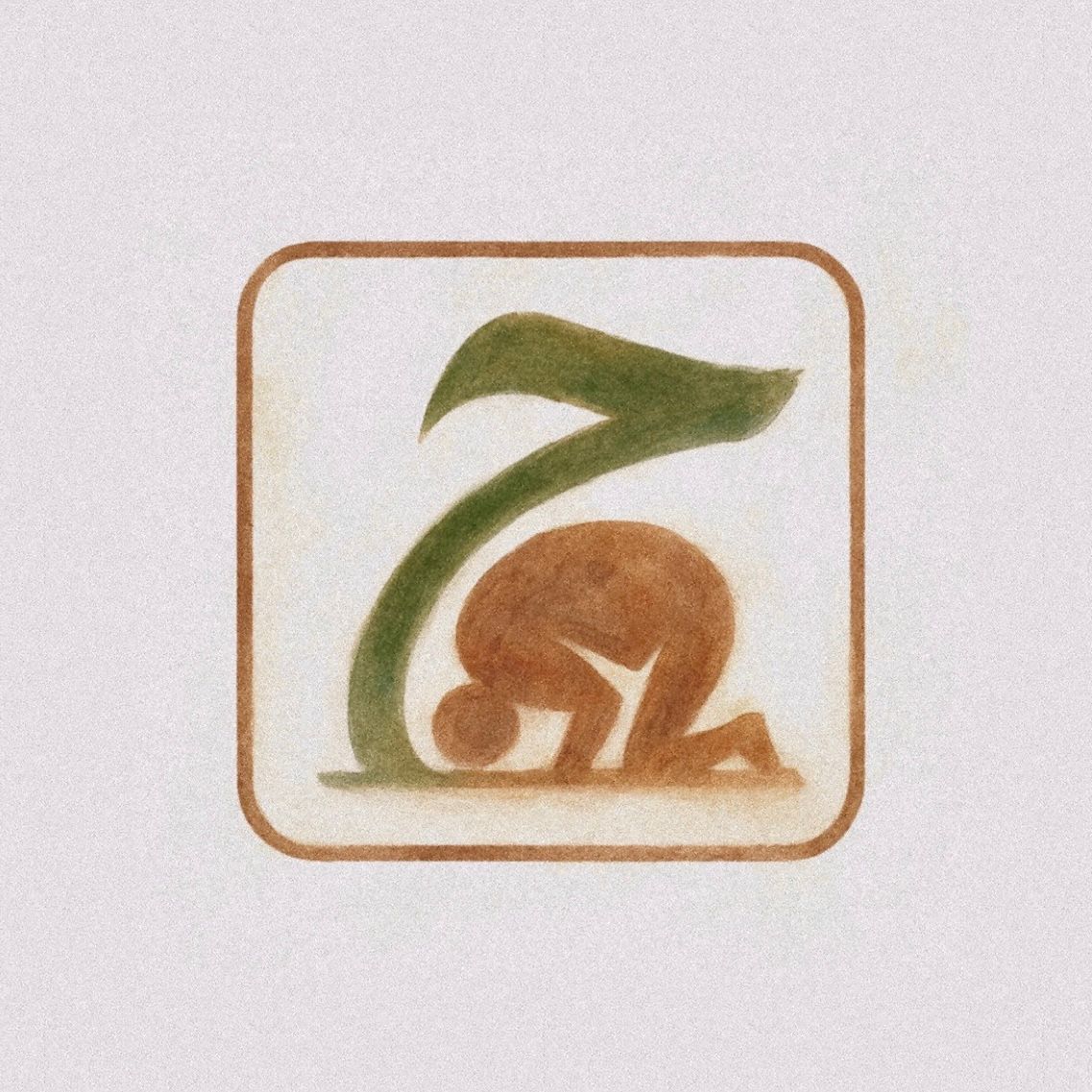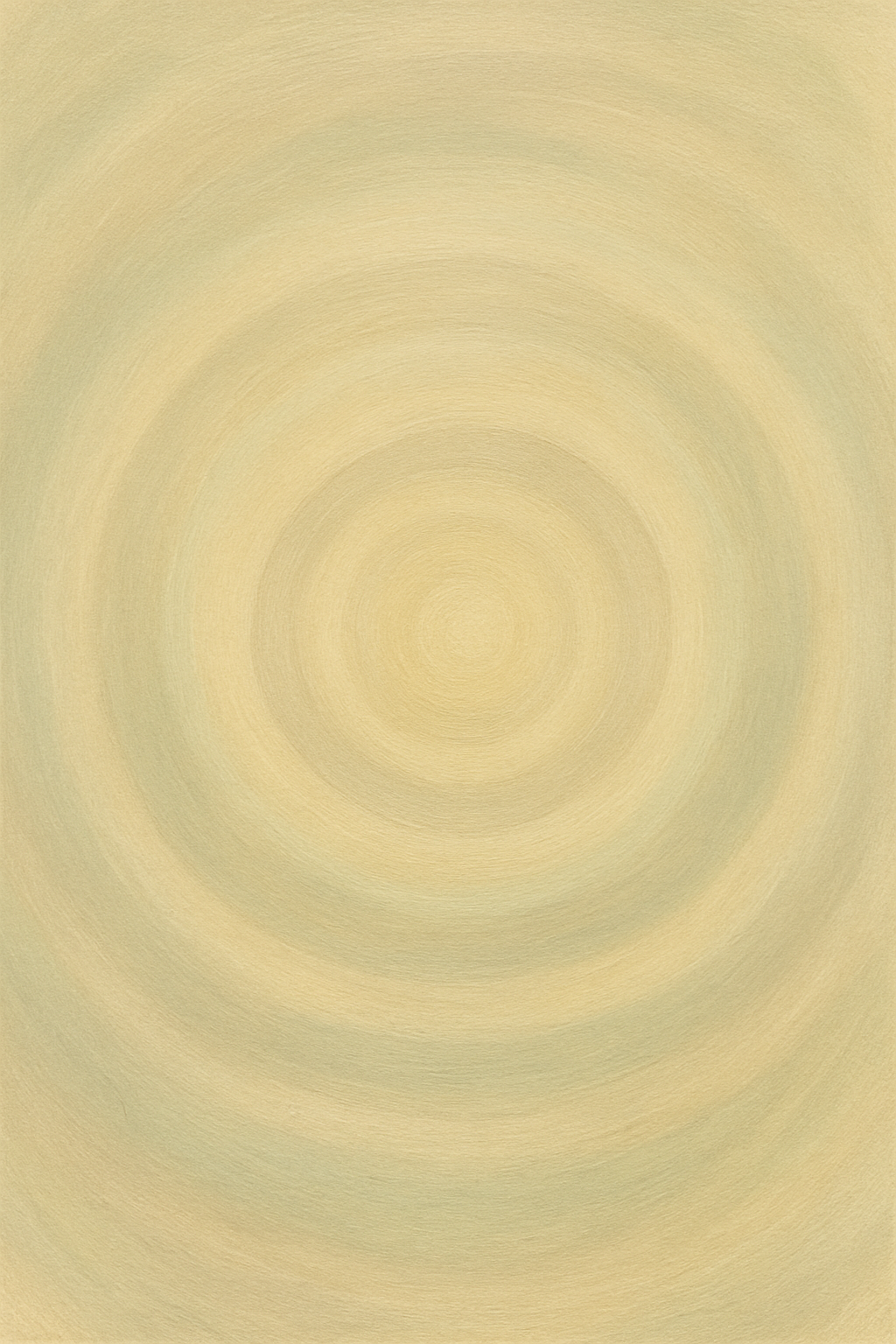forgetfulness is not always loud.
it can be soft, casual, slow.
you stop whispering His Name between tasks.
you rush through your prayer.
you hear the adhān – and finish what you're doing first.
you speak without watching your tongue.
you scroll without guarding your gaze.
you carry on. and on.
until the stillness inside you is replaced by static.
and then, one day – in exhaustion or guilt or longing, your forehead touches the ground again.
and there, in the silence of sujūd,
you remember what you forgot: you have a Lord.
the weight of remembrance
in arabic, dhikr means remembrance.
but in reality, it is return.
it is the soul turning back to what it always knew,
what it once pledged: You are my Rabb.
“and when your Lord took from the children of ādam — from their loins — their descendants and made them testify against themselves, saying: ‘am I not your Lord?’ they said: ‘yes, we testify.’”
(qur’ān 7:172)
to remember is not to learn something new.
it is to come back to something ancient.
to the fitrah – the deep, inbuilt knowing of your Creator.
that’s why dhikr feels like relief.
it’s not effortful. it’s familiar.
like a soul returning home.
sujūd: where remembrance awakens
not all dhikr is equal.
some is rote. dry. distant.
but in sujūd, dhikr becomes encounter.
your body collapses.
your voice stills.
the forehead ~ the symbol of pride ~ touches the cold, hard ground.
and the heart, finally, turns upright.
“prostrate and draw near.”
(qur’ān 96:19)
this is the moment where remembrance stops being sound
and becomes sincerity.
you’re not reciting to call Him.
you’re already with Him.
the distance wasn’t physical. it was you.
and now you are here.
remembering through His Names
to remember Allāh is to remember His Names – not just as titles, but as reflections of who He is in your life.
~ ar-raḥmān – the one whose mercy reaches even when you have done nothing to deserve it.
“My mercy encompasses all things.” (qur’ān 7:156)
~ al-ghafūr – the one who covers your shame without exposing you.
“Allāh would not punish them while they seek forgiveness.” (qur’ān 8:33)
~ al-ḥayy, al-qayyūm – the one who never tires, never needs, never leaves.
“neither drowsiness overtakes Him nor sleep.” (qur’ān 2:255)
~ al-ʿalīm – the one who knows what you lost, what you buried, what you couldn’t say aloud.
“indeed, He is Knowing of that within the breasts.” (qur’ān 11:5)
~ al-hādī – the one who guided you even when you weren’t asking.
“and Allāh increases those who are guided, in guidance.” (qur’ān 19:76)
saying His Names in sujūd is not just worship –
it’s orientation.
you remember who He is,
and in doing so, you remember who you are.
when remembrance is missing
the heart does not stay still.
if it is not remembering Allāh, it is remembering something else.
a fear. a desire. a grief. a person. a hunger.
remembrance is not optional.
it is either sincere or misplaced.
“and do not obey the one whose heart We have made heedless of Our remembrance, who follows his desire, and whose affair is ever in neglect.”
(qur’ān 18:28)
heedlessness is not only disbelief, it is believing in Allāh and still forgetting Him in the moment of choice.
forgetting Him when it matters.
dhikr is how we are saved
dhikr is not only tasbīḥ with the tongue,
it is taqwā with the body.
~ dhikr is turning off the music when no one’s watching.
~ dhikr is swallowing back an insult.
~ dhikr is leaving a sin unfinished, out of shame before Him.
~ dhikr is remembering that every step, glance, and word is witnessed.
it is the inner echo that stops the soul before it slips:
“He sees me.”
“and Allāh is ever, over all things, an Observer.”
(qur’ān 33:52)
that’s what sujūd revives –
not just remembrance,
but consciousness.
and if you’ve forgotten…
if you’re far,
if you’re numb,
if your dhikr has dried up –
return.
you don’t need eloquence.
you don’t need spiritual energy.
you don’t need to feel ready.
you need a forehead,
a floor,
and the courage to say “ya Allāh” again.
“so remember Me — I will remember you.”
(qur’ān 2:152)
a prayer for the forgetful
o Allāh
when the world distracts us, let Your dhikr centre us.
when the self deceives, let Your Names bring clarity.
when the prayer weakens, let sujūd restore us.
let our remembrance be not only words –
but obedience. discipline. longing.
and if we forget You,
let us never stay forgotten.
āmeen.
may this post be a means of forgiveness, elevation, and reward for janisar hussayn and a light in the hearts of those trying to remember.

